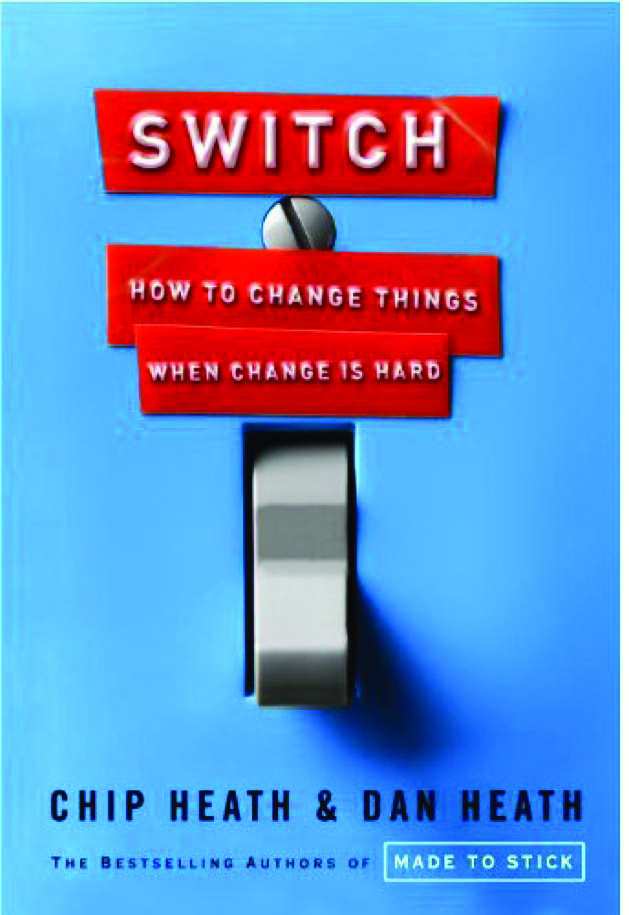
Taylor Randall HBA’90 has a deep understanding of the challenges faced by students who have to work their way through college. He was Inspector Number 14 at Lone Peak Designs, working up to 30 hours a week while completing a degree in accounting at the U. Randall would routinely take what he learned in the classroom and apply it at work, where he was quickly promoted to production manager by his impressed boss.
It was as an undergraduate that Randall also fell in love with the idea of being a professor, thanks to mentoring from the late English professor Brooke Hopkins, whom Randall says spent “an inordinate amount of time” teaching him to write. After graduating, Randall was hired at a top five accounting firm and then sought an MBA and doctorate at the Wharton School at the University of Pennsylvania. Among the many things Randall learned: He did, indeed, have a passion for education and for teaching.
And that led Randall right back to where he started: the U, where he initially taught managerial accounting before moving into administration. He’s served as dean of the David Eccles School of Business since 2009. Over the past decade, the Eccles School has added numerous buildings, programs, centers, and institutes—among them, the Goff Strategic Leadership Center, Sorenson Impact Center, Lassonde Studios, Kem C. Gardner Policy Institute, and Marriner S. Eccles Institute.
If there is a business analogue for his role at the Eccles School, Randall says, it is that of managing partner, which captures the relationship between himself, faculty, donors, and alumni in ensuring that students get a rich educational experience.
Today’s business students want to do well in their own lives but also want to do well for others, he says. They have a real sense of community and purpose that hasn’t been typical of students in the past. Hence, the school’s tagline: Doers wanted.

What are you reading now?
I’m reading Originals by Adam Grant. The book identifies characteristics of highly creative and innovative individuals. I love the counterintuitive evidence presented regarding entrepreneurs. Grant argues that entrepreneurs aren’t reckless risk takers. Most keep their day jobs until they know their idea is going to succeed.

Is there a book you think everyone should read?
I highly recommend reading biographies, especially for those who want to lead organizations. Biographies allow one to peek into the personalities and leadership styles of individuals as they confront challenge and opportunity. One I have found useful is No Ordinary Time, Franklin & Eleanor Roosevelt: The Home Front in World War II by Doris Kearns Goodwin. This book examines the
lives of the Roosevelts and the domestic challenges at home during World War II. Goodwin provides remarkable insight into the personal relationships of these individuals and how they cope with failure and success.

What’s the best business book you’ve read?
So many it is hard to pick, but here are a few: Roadside MBA: Back Road Lessons for Entrepreneurs, Executives, and Small Business Owners, co-authored by Scott Schaefer; Serial Innovators, co-authored by Abbie Griffin; Beyond Competitive Advantage: How to Solve the Puzzle of Sustaining Growth While Creating Value, by Todd Zenger; What I Didn’t Learn in Business School: How Strategy Works in the Real World, by Jay Barney and Trish Gorman. All of these authors are faculty at the David Eccles School of Business.

Is there a book on leadership you’d recommend for aspiring or new CEOs?
Any new CEO needs to manage change around a strategic vision. I found Switch by Chip and Dan Heath a useful guide to managing change in organizations. It looks at why we fear change and how leaders can motivate others when taking a business or organization in a new direction.